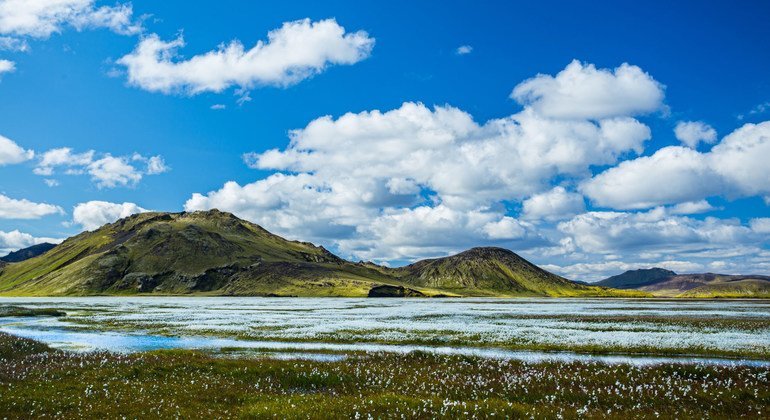The International Day for Clean Air and Blue Skies, celebrated annually on 7 September, is a day dedicated to raising awareness about the importance of clean air and the benefits of investing in clean air initiatives. This year, the theme of the day is ‘Invest in #CleanAirNow’ and it aims to highlight the economic, environmental, and health benefits of clean air.
The Day was established in 2019 by the UN General Assembly in response to the increasing interest in the importance of clean air for people’s lives. Air pollution is a significant global issue that can have detrimental effects on human health, the environment, and economies. Recognizing the importance of clean air, UN chief António Guterres emphasized the need to invest in clean air to prevent the harmful effects of pollution.
Pollution is a silent killer that affects 99% of the global population, leading to millions of premature deaths each year. In addition to the health impacts, pollution also contributes to the climate crisis, disproportionately affecting vulnerable populations such as women, children, and older persons. Investing in clean air is essential to combatting these issues and creating a healthier planet for all.
Mr. Guterres called for action from governments, businesses, development organizations, and other stakeholders to reduce the use of fossil fuels, transition to clean cooking methods, and improve air quality monitoring. Investing in clean air not only saves lives but also helps combat climate change, strengthen economies, build fairer societies, and advance the Sustainable Development Goals.
The link between air quality, climate change, and wildfires was highlighted in a new report from the UN World Meteorological Organization (WMO). The report detailed the impacts of climate change and wildfires on human health, noting the record-breaking wildfire seasons in both the northern and southern hemispheres in 2023. These wildfires caused numerous deaths and damage to livestock, as well as worsened air quality in affected regions.
WMO Deputy-Secretary-General Ko Barrett emphasized the interconnected nature of climate change, wildfires, and air pollution, stating that they must be tackled together to protect the health of the planet, its people, and economies. Recognizing the interrelationship between these issues is crucial for addressing the challenges posed by air pollution and climate change.
The UN Environment Programme (UNEP) also underscored the importance of global action on air pollution, describing it as the biggest environmental health risk. Air pollution knows no borders and affects people and ecosystems around the world. Therefore, international cooperation and collaboration are essential to address the root causes of air pollution and protect the health and well-being of all individuals.
As the world commemorates the International Day for Clean Air and Blue Skies, it is a reminder of the urgent need to invest in clean air initiatives and work towards a healthier and more sustainable future for all. From reducing emissions and transitioning to cleaner energy sources to improving air quality monitoring and awareness, there are many ways individuals, communities, and governments can contribute to creating a cleaner and healthier environment for present and future generations. By working together and taking decisive action, we can ensure that everyone has access to clean air and blue skies for years to come.









